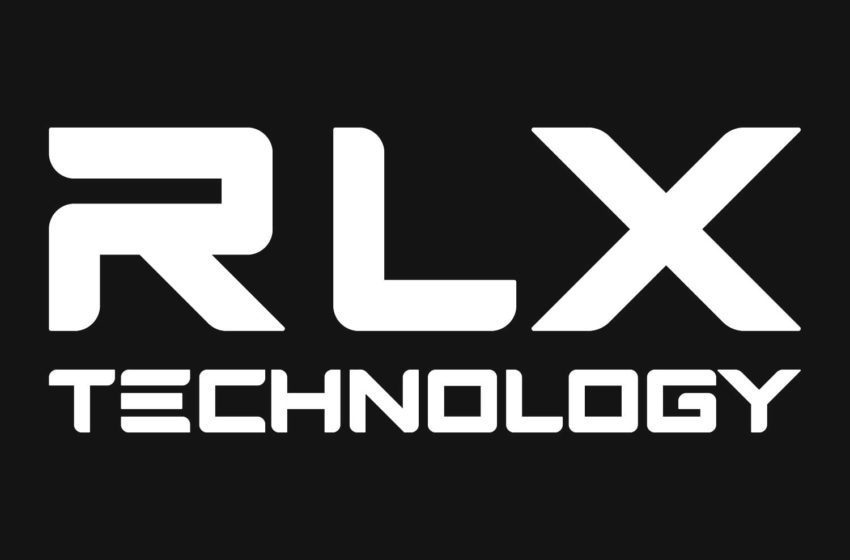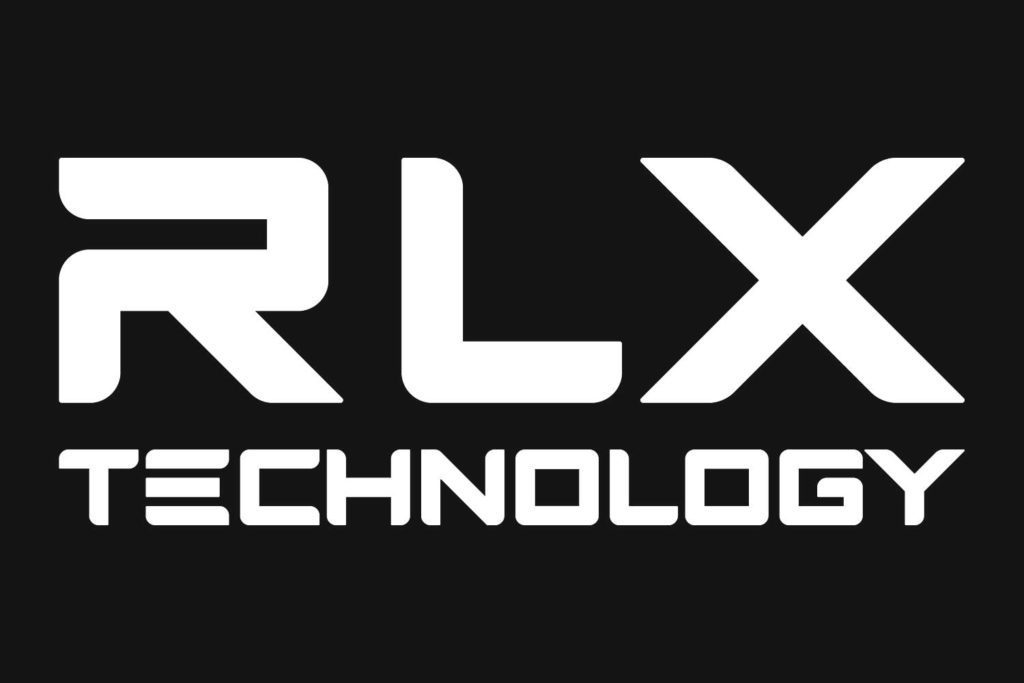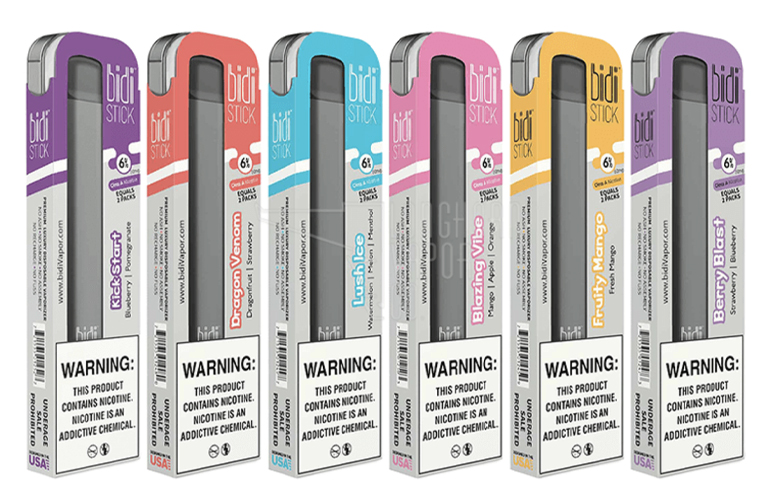
The Vapor Technology Association (VTA) has filed an amicus brief with the U.S. Supreme Court in support of a petition for writ of certiorari in a case against L.A. County’s ordinance banning flavored tobacco products.
Citing the substantial impact on America’s economy created by the sale of tobacco products, the trade group says Supreme Court review of the flavor ban is critical.
According to an economic impact report prepared by John Dunham and Associates, the independent vapor industry comprises more than 10,000 companies across the United States and is responsible for generating more than 130,000 jobs and more than $22 billion in economic activity for the U.S. economy.
In its amicus brief, the VTA argues that this industry would be devastated by unrestricted flavor bans given its unique and substantial reliance on the sale of flavored vapor products to adult consumers.
The trade group also notes that since the passage of the L.A. County Ordinance, leading tobacco control scientists have challenged the notion of banning e-cigarette flavors and have warned that decreasing availability of flavored vaping products harms the ability of adult smokers to quit smoking cigarettes.
Instead of blanket bans, these tobacco control scientists endorse alternative time, place and manner restrictions for the sale of flavored vaping products, the VTA notes in its amicus brief.
Permitting local and state governments to implement unscientific bans that directly interfere with the fundamental purpose of the Tobacco Control Act and would overrule the Food and Drug Administration’s decision-making for products deemed appropriate for the protection of public health is not only unlawful but is dangerous from a public health perspective, the VTA wrote.
Tobacco and vape flavor bans have gained momentum in the U.S. On Nov. 8, Californians voted to uphold a state law ending the sale of most flavored tobacco products.


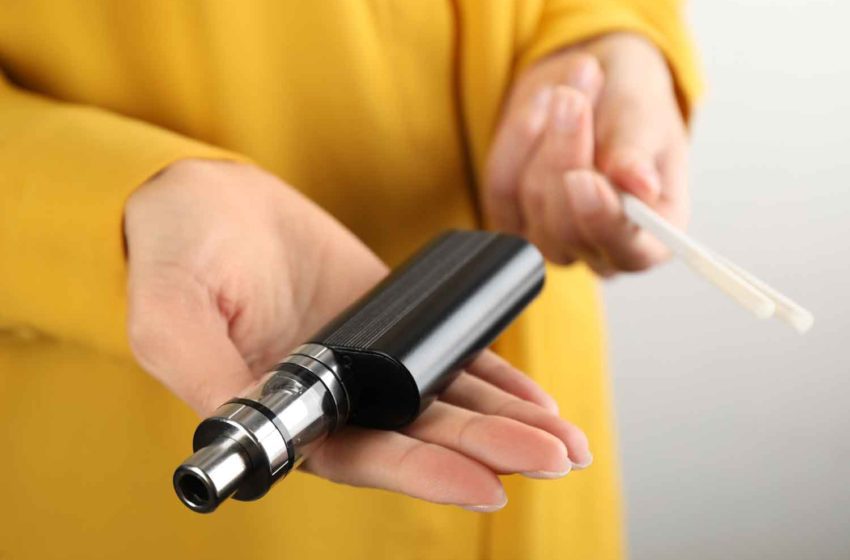
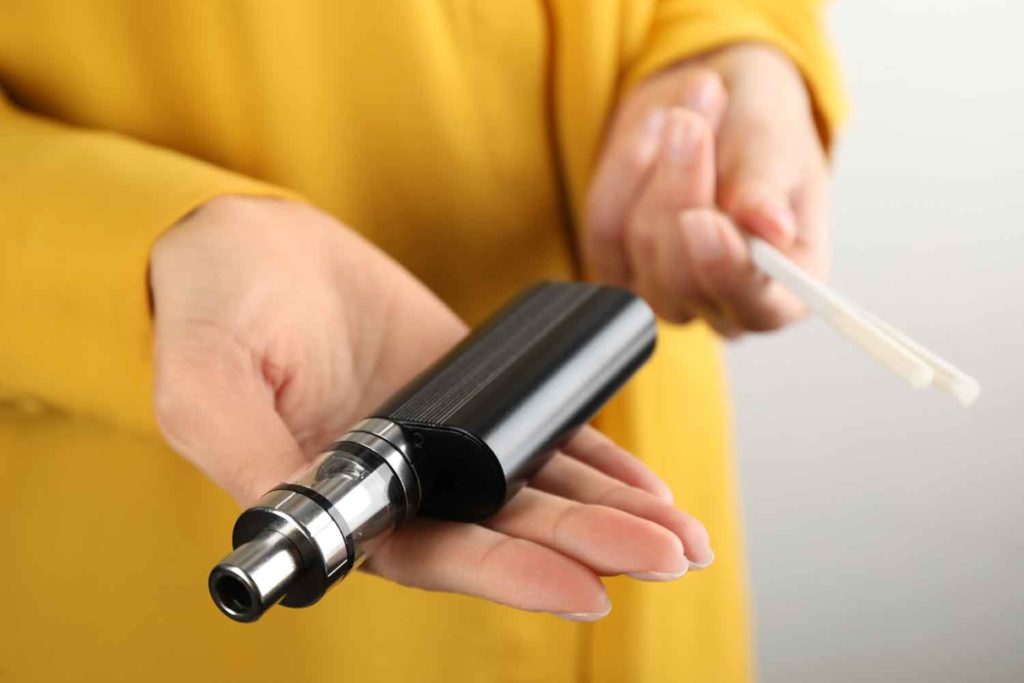

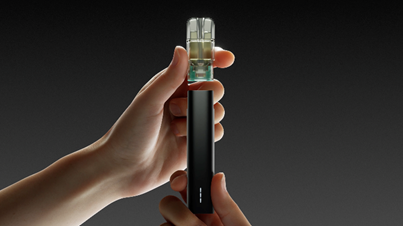
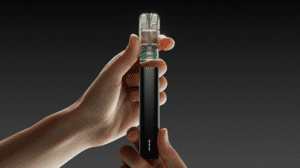 Snowplus has obtained a
Snowplus has obtained a 
